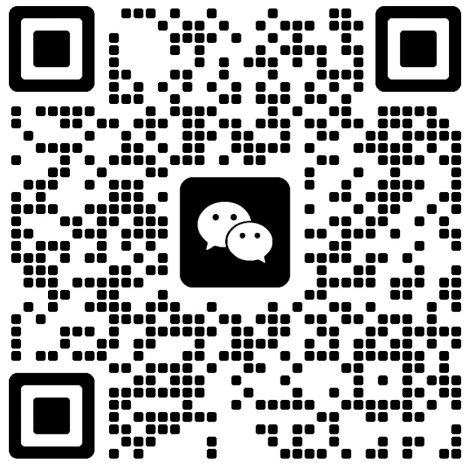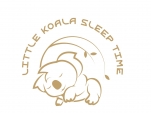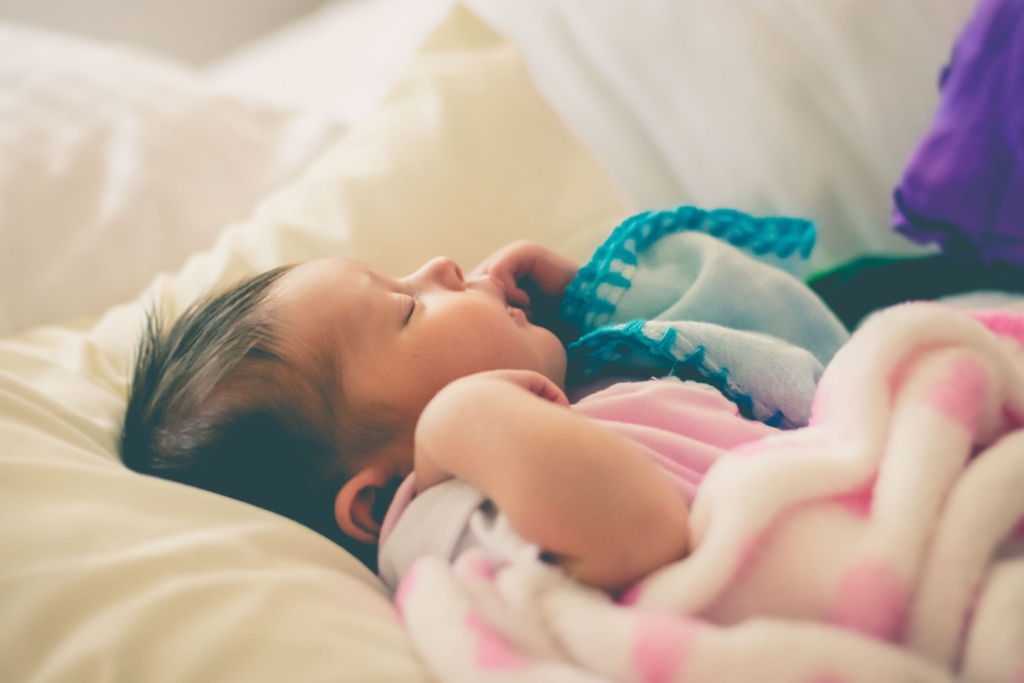Today, let's talk about the "cry immunity method"
For mothers who have tried the "cry immunity method" method, does the following scenario sound familiar?
The baby is tired. You change their diaper, put them in a sleeping bag, draw the curtains, place the baby in the crib, whisper "goodnight, baby! You need to sleep on your own!" Then you close the door. From the moment you leave the room, you stay close to the baby monitor, watching how the baby cries. If the baby doesn't cry, you feel anxious; if the baby cries loudly, your heart aches. Every minute of crying feels so long. As you squat in front of the monitor, you feel guilty and doubtful, thinking, "Am I a bad mother? If this doesn't work today, I'll give up on this method tomorrow. I can't stand it anymore! It's such an inhumane training method!" Wait? The baby stopped crying and started sucking their fingers. It seems the method is working? You check the time; the baby cried for two minutes and now stopped. They should be falling asleep soon, right? Two minutes later, the baby starts crying again. You're devastated, pacing back and forth in the room, checking your phone, watching dramas, trying to distract yourself. But you can't shift your focus. Why are they still crying? You can't stand it anymore. Time to end this.
So, after the baby has cried for a total of 5 minutes, you pick them up. This nap ends with you holding them.
Then, you constantly seek resonance on parenting forums, cheering for articles that oppose the cry immunity method, proclaiming, "I can't stand my baby crying! I'll bear with it! How many more years can I hold him to sleep? He only needs me for these few years!"
So, for you, "crying" and "endurance" make up 99% of the "Cry It Out" method. However, for me, they are only 1% of it.What does the remaining 99% include? First, I'd like mothers to recall a few questions:
"How long has the baby been awake before you tried the “cry immunity method” ? How long since they woke up from their last nap?"
"How did the baby sleep during their last nap? How long did they sleep, and how were their states of falling asleep and waking up?"
"If you're training the baby for the first nap after waking up in the morning, how was the baby's sleep quality last night? Did they get at least 10.5 hours of effective sleep?"
"Did you know that the cry immunity method shouldn't be used for the evening nap?"
"Has the baby shown signs of sleep deprivation in the past three days? Irritability, restlessness, lack of energy, constantly rubbing their eyes, and resisting sleep."
"Regarding the bedroom environment, have you ensured the following: Is the room completely dark? Is white noise (not lullabies) turned on? Is the room temperature suitable (18-20°C)?"
If you've tried the cry immunity method multiple times, have your pre-sleep rituals been consistent? Were your interventions consistent? Was the baby's sleeping environment consistent?
Does the baby's crib meet the safety standards set by the American Academy of Pediatrics (AAP)?
If your answers to the above questions meet my requirements, only then would I recommend you use the Cry immunity method. This is the 99%. With this foundation, adding the 1% of the "Cry It Out" method can produce outstanding results.
Let me share a case I consulted on: Case A.A
This mother admitted she's anxious by nature but wanted to quickly solve her baby's problem of waking up every hour at night. So, I asked her:
"How long can you tolerate the baby's crying?"
She said, "Ten."
I thought, "Ten minutes? That's quite enduring!"
Then she continued, "Nine, eight, seven... counting down to zero, then I'll go in."
I was like, "…@#¥%…&&(&…%#"
Alright then.
But after a deep conversation, I found that this baby was in a good condition. If the "Cry It Out" method was used correctly, it would be the fastest method with the least crying. After discussing the specific sleep training details with the mother, I was touched that she agreed to my approach. Ensuring all the above requirements were met, we started the sleep training. As expected, this baby, amidst intermittent "ah ah ah" sounds, fell asleep peacefully after 12 minutes. The mother texted me:
"That's it?"
Yes, that's it. When everything is ready, why fear the final step? I never shy away from using the Cry immunity method, but only with that 99% foundation in place. So, mothers don't equate "Cry It Out" directly with sleep training. Moreover, I don't recommend using "Cry It Out" without the guidance of a sleep consultant.
To conclude, let's discuss this daunting Cry immunity method.
The founder of the Cry immunity method, Watson, advocated letting the baby cry, with parents neither comforting nor holding them. After crying for a long time, the baby would naturally realize that crying is useless.
What? I don't buy that.
Having studied early childhood education in Canada for two years, I can assure you with my perfect GPA that none of my teachers shared the same philosophy as the Cry immunity method. No one ever suggested that letting a baby "cry it out" would make them understand.
I remember attending a prenatal class in Canada, where a renowned midwife asked the expecting mothers, "Should you respond immediately when the baby cries?" I distinctly remember that no one raised their hand, probably thinking, "Should we wait a bit before responding?" I was the only one who confidently raised my hand, thinking, "I know this answer."
The midwife then said, "Yes, you should! A baby's cry represents their needs. When they cry, responding promptly gives them the best sense of security."
Then someone will ask me again, "Aren't you contradicting yourself? Why do you still use the cry immunity method if you are so opposed to it?"
Watson's cry immunity is one of his parenting philosophies. Everyone can have their own parenting philosophy, he is just known for being too wrong. Then our attitude should be "just listen and forget it", just like the parenting philosophy that you brush up that doesn't match your own values.
I don't know who was the first to combine "cry immunity" and "sleep" into a new sleep training term and implant it into people's hearts. Let the family members talk about it. In fact, I prefer to call this sleep training method with less parental intervention "non-involvement" or "moderate-involvement" rather than "Cry It Out". When the baby is practicing autonomous sleep, the less intervention the better, but according to the baby's sleep habits after birth and the acceptance of the baby and the mother, sleep consultants will give different sleep training programs. There are about 5 subdivisions, and I have used each method for different babies. Therefore, mothers should not directly equate "cry-free" with sleep training, and I do not recommend using cry-free without the help of a sleep consultant.
Going back to the question just now, since it is so important to respond to the baby in the first place, why do we need sleep training? I'll work hard and cuddle for two or three years, won't that be all right?
I want to tell mothers not to just "touch themselves emotionally" but to sacrifice the baby's real needs. When you find that the baby cries before falling asleep, cries during sleep, cries upon waking up, or even cries for over an hour in your arms in the middle of the night, do you still think they need to be held?
This is why I wanted to become a sleep consultant. I want to tell all confused mothers that our babies are just so tired. They want to sleep... want to sleep... want... to... sleep... And all I do is tell you when the baby wants... to... sleep.



